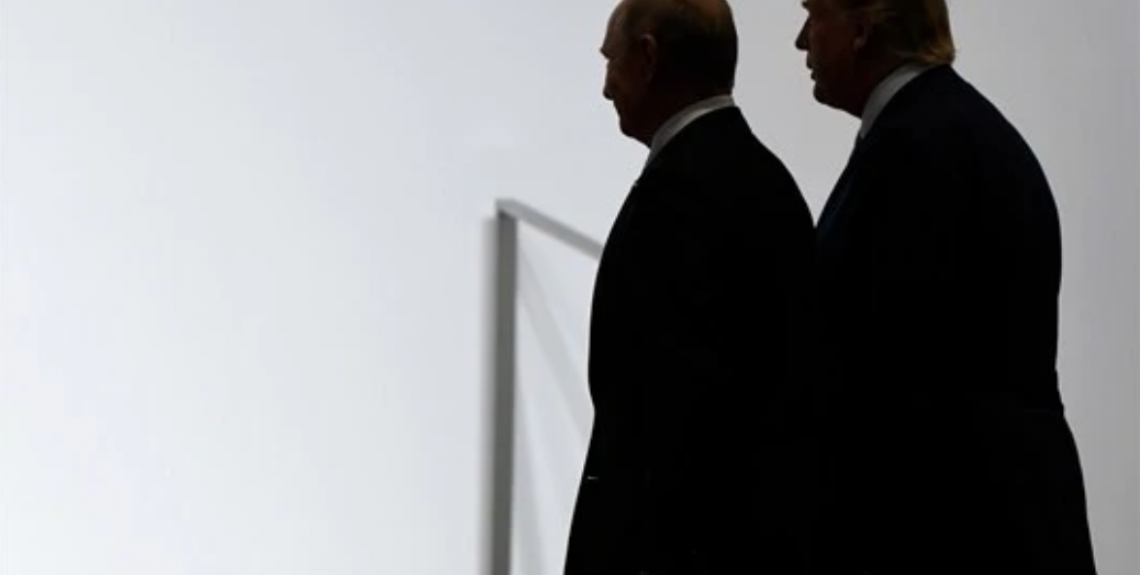On April 10, President Trump appointed Marshall Billingslea Special Presidential Envoy for Arms Control. In this role Billingslea will lead arms control negotiations on behalf of the U.S. Government.
The designation of a personal representative normally signals special interest for an issue with the expectation of promising results. This time it might not necessarily be the case.
Several steps back in the field of arms control have already taken place on President Trump’s watch: the United States has withdrawn from the Intermediate-Range Nuclear Forces Treaty (INF) and from the Joint Comprehensive Plan of Action (JCOPA) on Iran’s nuclear program, thus undermining the stability in the areas covered by these agreements: Europe and the Middle East. It is feared that the 1992 Open Skies Treaty, which establishes a program of unarmed aerial surveillance to collect data on military forces and activities over the transatlantic area might be the next victim of the present administration’s iconoclastic approach to arms control.
In addition Mr Billingslea is not known to have particular expertise nor inclination towards arms control. During the 1990s he was an aide to then Chairman Senate Foreign Affairs Committee Jesse Helms, a fierce opponent of any US commitment in the field of Arms Control. He was against the US ratification of the 1993 Chemical Weapons Convention, he opposed joining the Comprehensive Test Ban Treaty (CTBT) in 1996, and in 2002 promoted the withdrawal from the Anti -Ballistic Missile (ABM) Treaty. Mr Billingslea had been originally nominated by President Trump to be Under Secretary of State for Civilian Security, Democracy, and Human Rights. In 2019 his nomination was stalled because of his alleged involvement with President Bush administration’s controversial interrogation techniques.
The appointment of Marshall Billingslea takes place at a time when the Trump administration is seeking “a new era of arms control that moves beyond the bilateral treaties”. It is expected that the future of the New START strategic treaty, which expires in February 2021 will be at the heart of his mandate. The Treaty limits U.S. and Russian strategic nuclear arsenals to 1,550 warheads, 800 deployed and non-deployed launchers and heavy bombers, and 700 deployed missiles and heavy bombers. It can be extended by up to five years if both the US and Russia agree. Russia has declared that it is ready to accept the extension, whereas the US administration, after more than three years in office, still has to decide. The new START is the last treaty in force that ensures nuclear stability between the United States and Russia who possess 90% of all existing nuclear weapons worldwide. Should the treaty not be extended, no international norm would remain to maintain the nuclear strategic balance.
President Trump’s attitude towards the New Start Treaty can be partially attributed to an overall antipathy vis à vis his predecessor’s achievements. It is also related to his vision of a strategic agreement with a broader scope to which China should also be reined in.
Is there a real US interest in associating China in such a negotiation? China’s nuclear arsenal is by far lower than Russia’s and the United States’. If included in the negotiation, China could claim to equal the two other arsenals. Alternatively China might ideally ask its partners to reduce their arsenals to China’s numbers or even to adopt its no first use doctrine. Clearly Washington and Moscow would not be tempted by such options. In all cases it would be impossible to finalize such a negotiation before to expiration of the New Start Treaty.
At its last NATO Summit in Brussels, NATO acknowledged that “the new START Treaty contributes to international stability, and Allies express their strong support for its continued implementation and for early and active dialogue on ways to improve strategic stability”. The EU is also on record in encouraging the US and Russia to extend the Treaty and seek further reductions to their arsenals. The Corona virus must not prevent Europe from visualizing a world order beyond the pandemic. It is imperative for Europe to convince the US to maintain the new Start Treaty before venturing into “a new era of arms control”.
Without an agreed replacement, the New Start Treaty must not be abandoned.
Carlo Trezza
Former Ambassador to the Republic of Korea and Italy’s Permanent Representative for Disarmament in Geneva, he chaired the UN Secretary Generals Advisory Board for Disarmament Affairs and the Missile Technology Control Regime (MTCR). He is Senior Adviser of the Italian Institute for International Affairs and a member of the NATO Defense College Foundation Scientific Board.






















